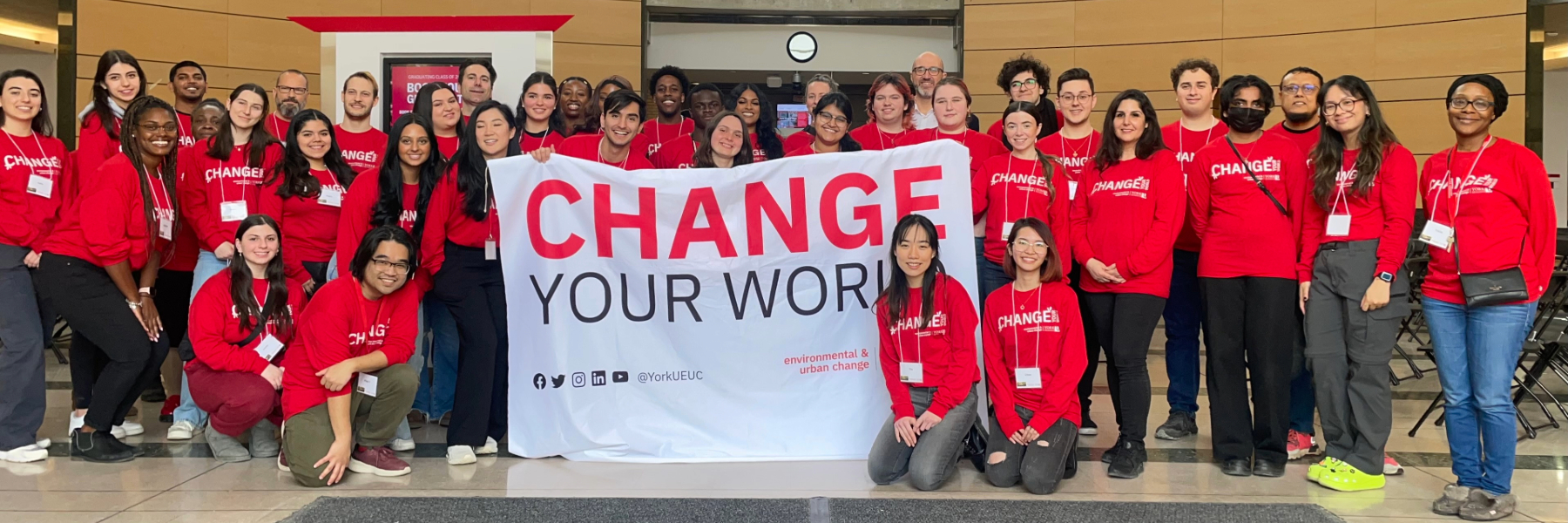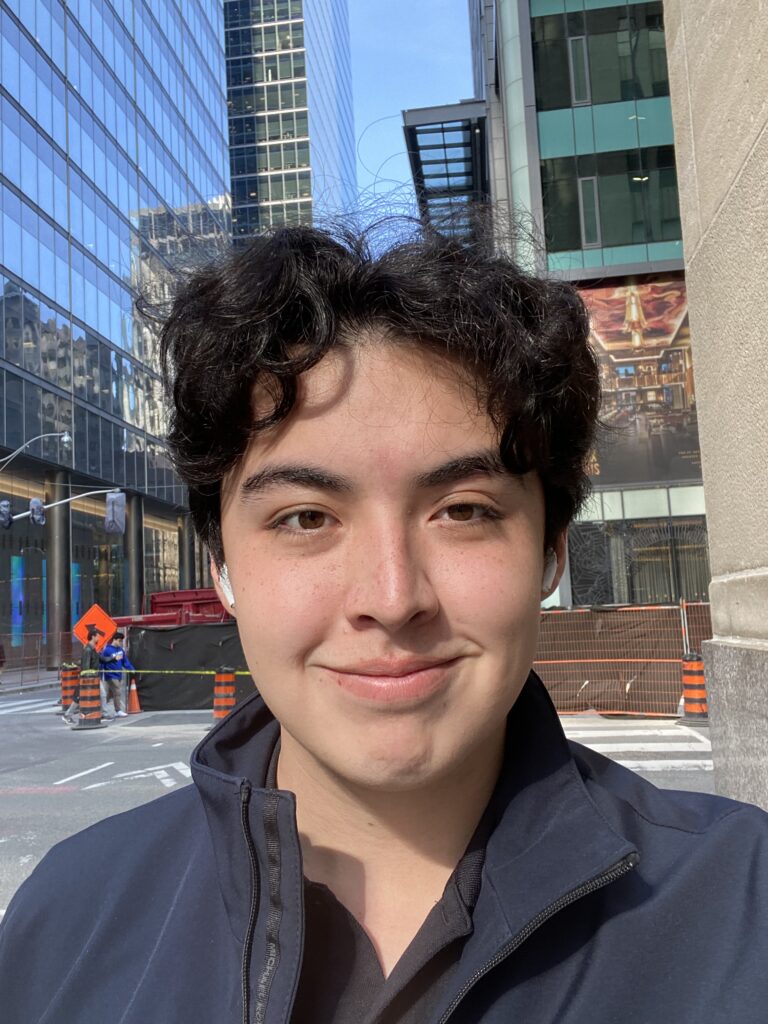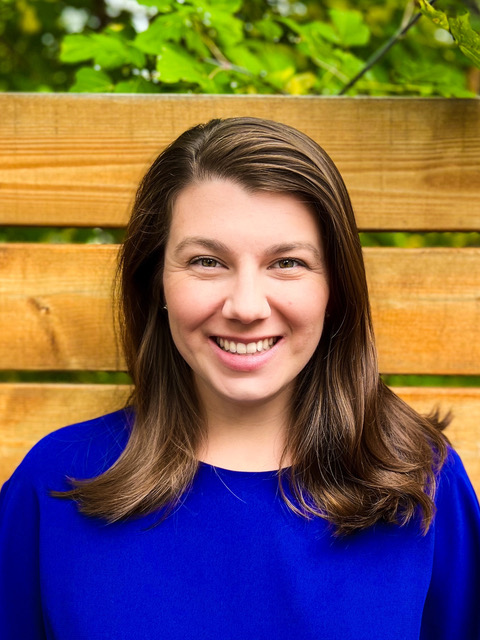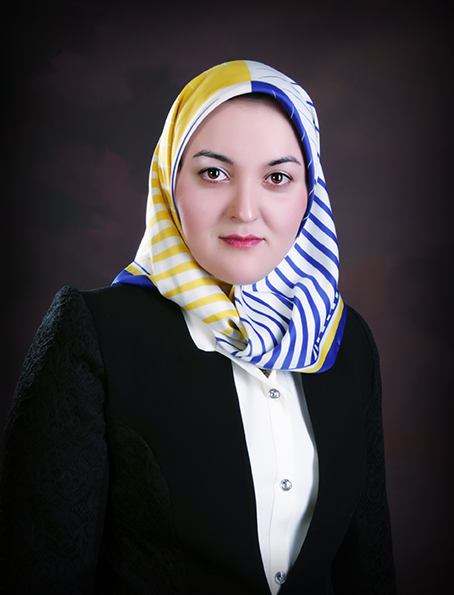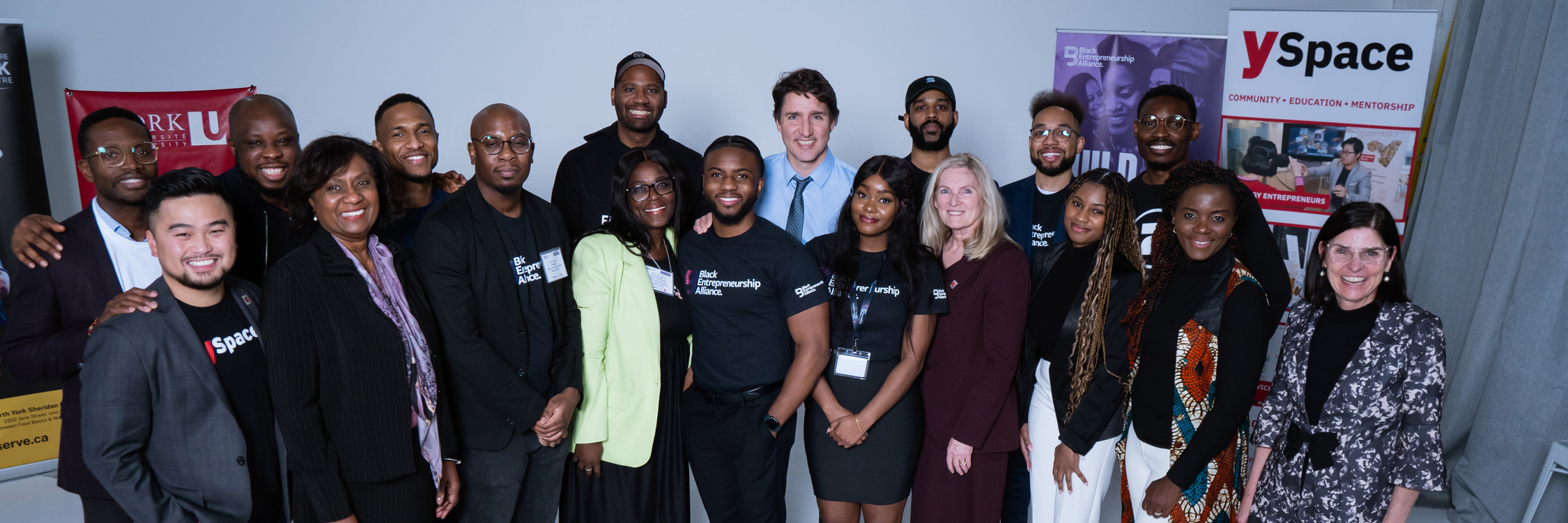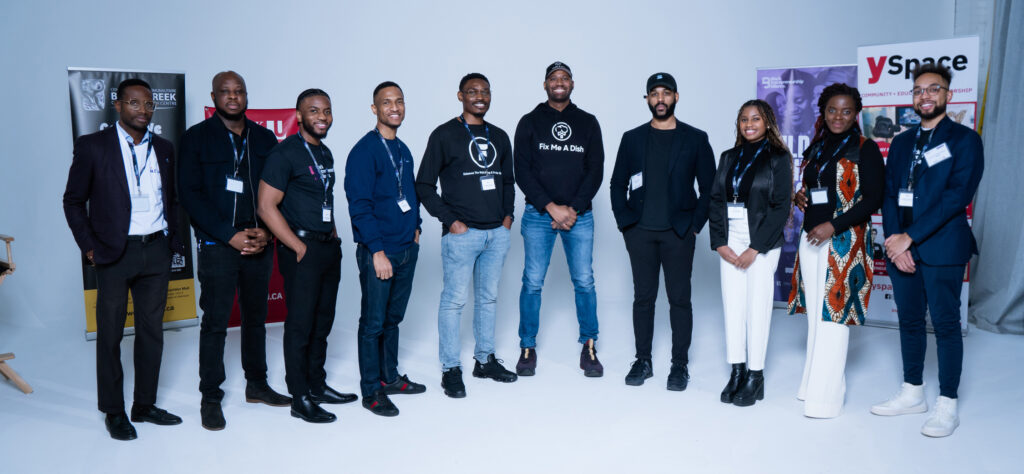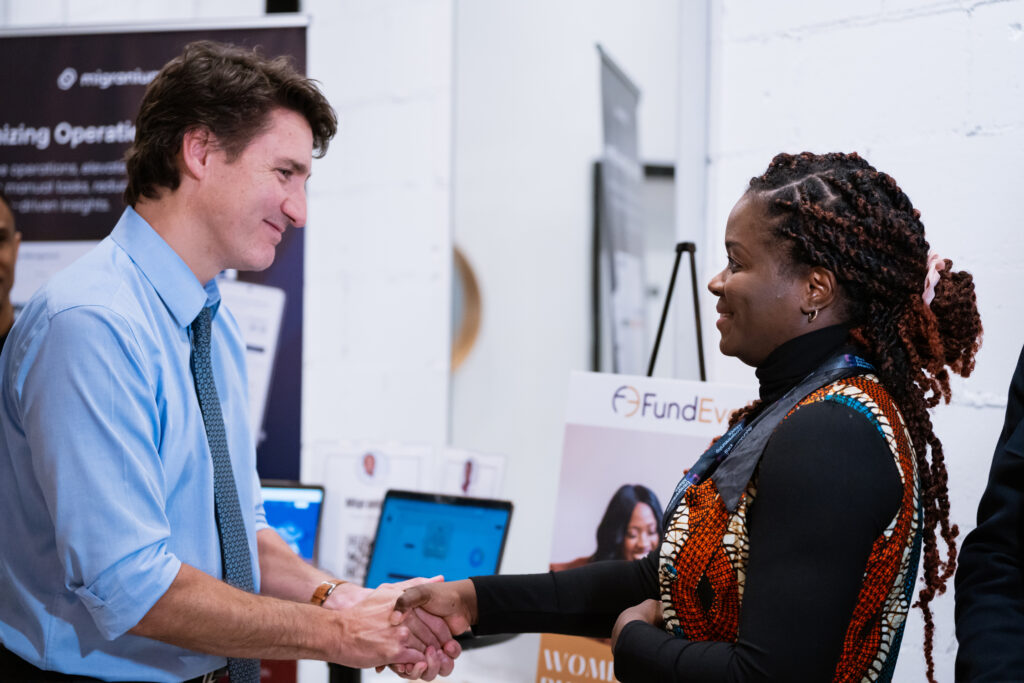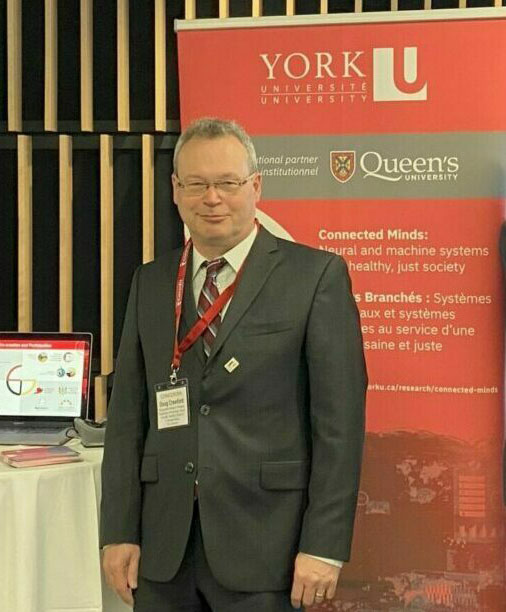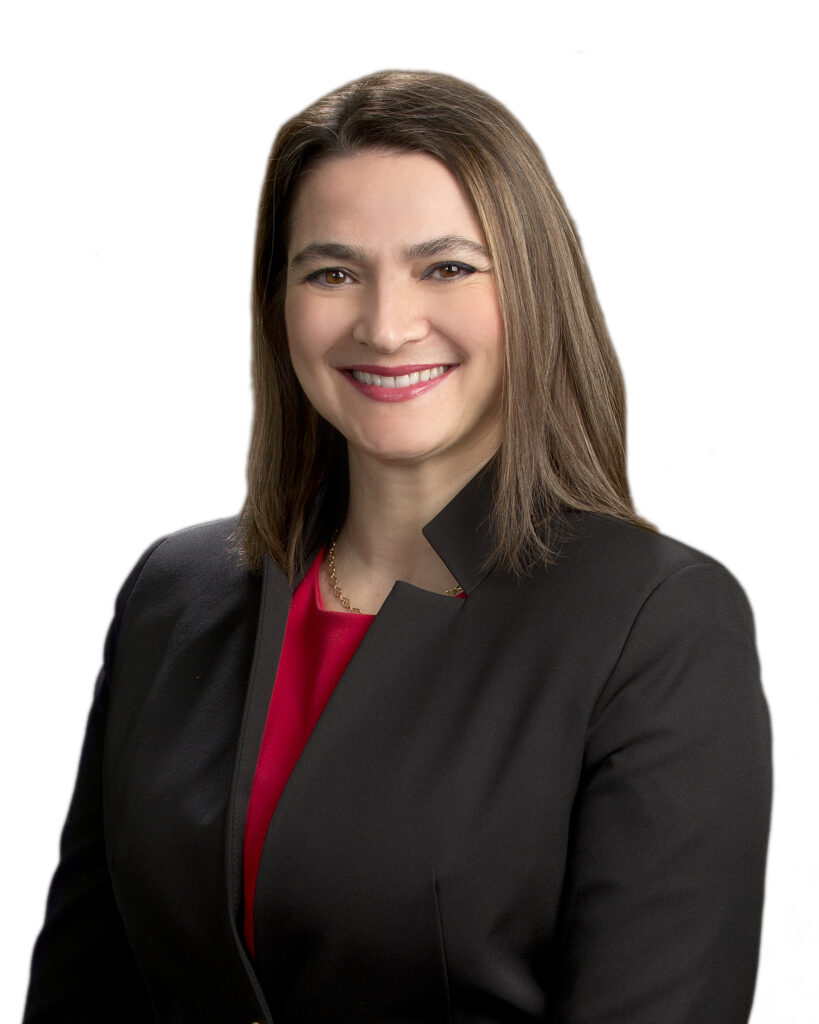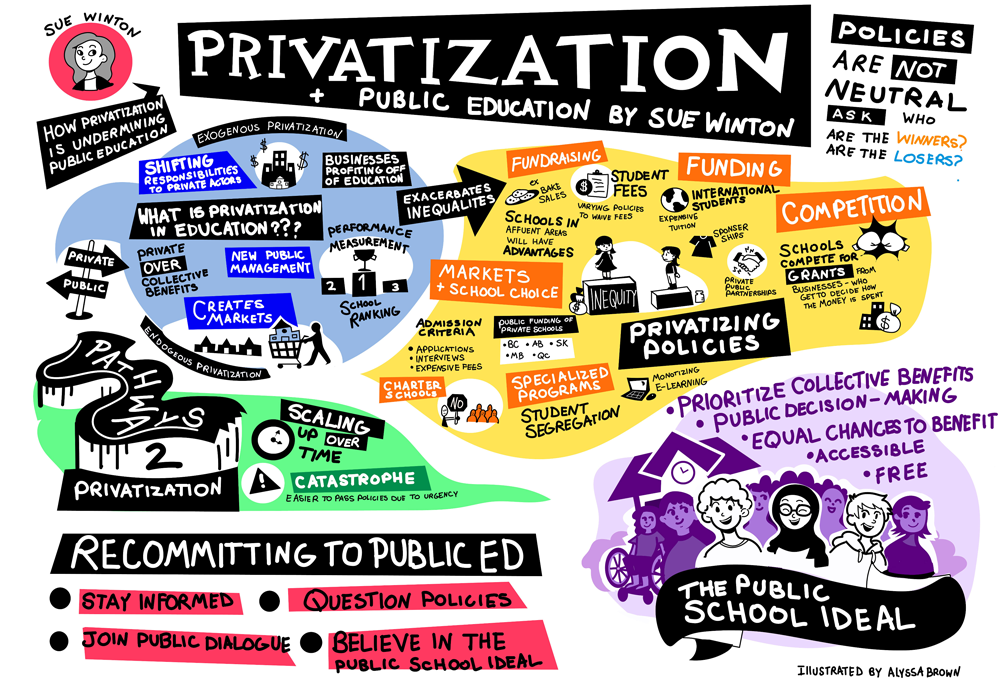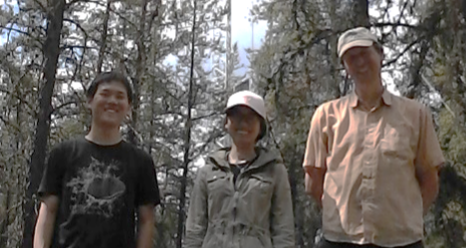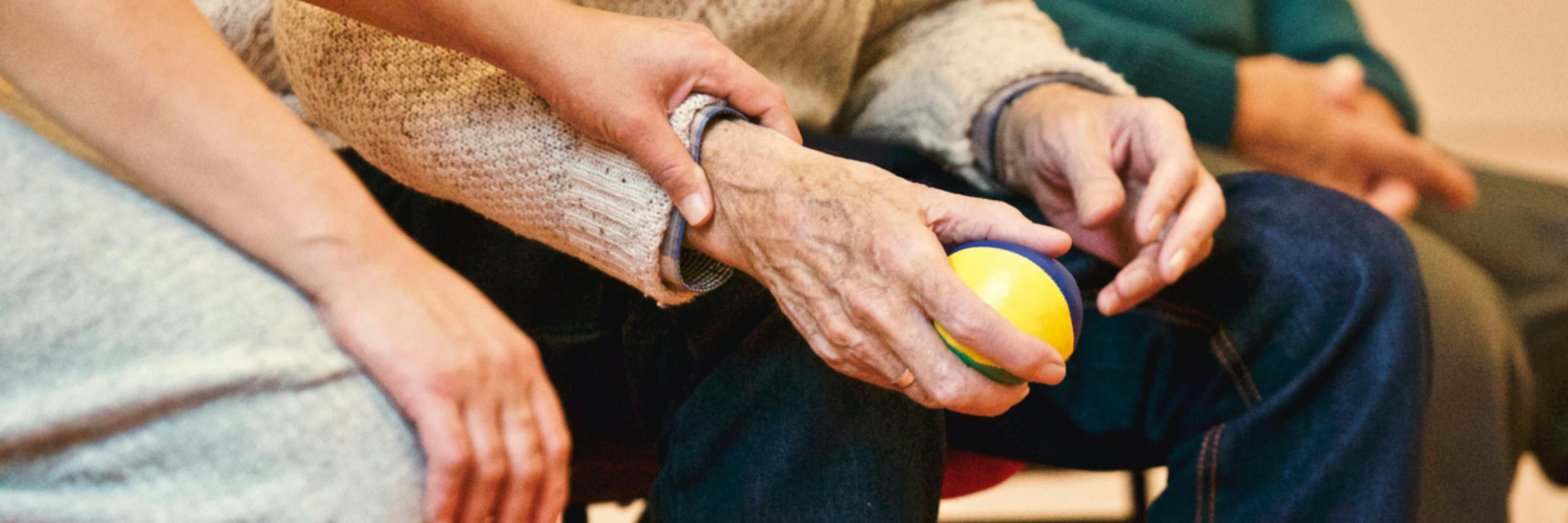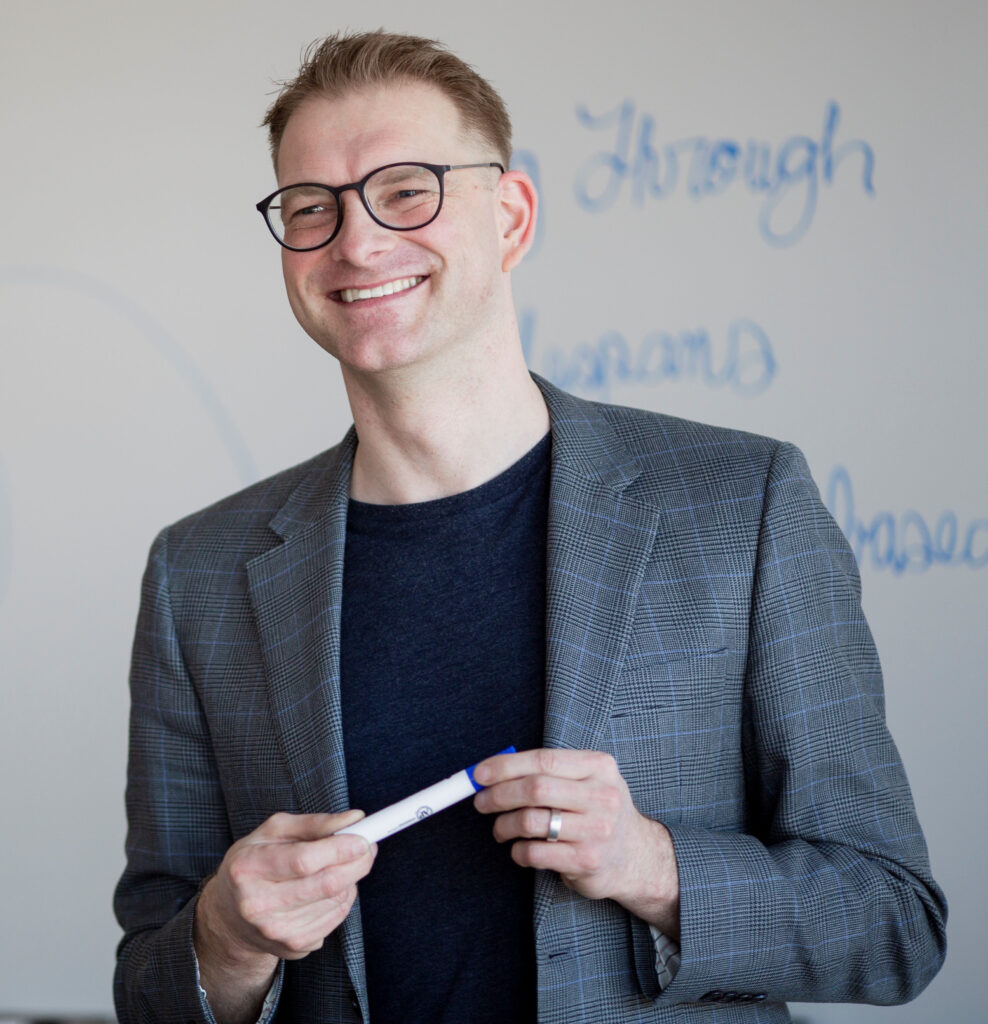With news of environmental crises coming at us at an increasingly alarming rate, it can be easy to dwell on the doom and gloom of it all. York University’s Faculty of Environmental & Urban Change (EUC) is doing its part to prevent that with its annual conference, Change Your World, which aims to empower Ontario’s youth to be the next generation of global changemakers.
Last week, some 500 Ontario high-school students and their teachers from more than 25 schools gathered in Vari Hall on York’s Keele Campus for the conference, where they spent the day learning how they can make a sustainable and equitable difference in the world – and its future – through a series of activities and workshops hosted in partnership with environmental and community partners from across the province.
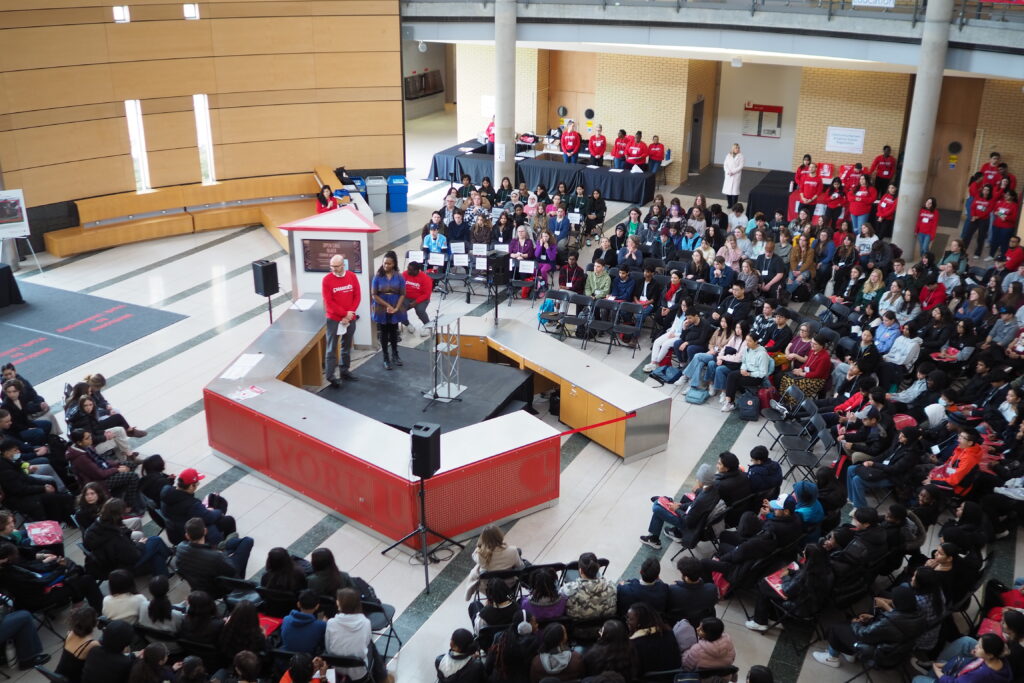
“At a time when there is a great deal of despair and ‘eco-anxiety’ concerning the state of the planet, it was inspiring to see young people coming together as active citizens to envision a different future,” said Philip Kelly, interim dean of EUC. “Connecting schools and environmentally-focused organizations for thoughtful discussions through events like Change Your World is an important role for the Faculty of Environmental & Urban Change in our wider community.”
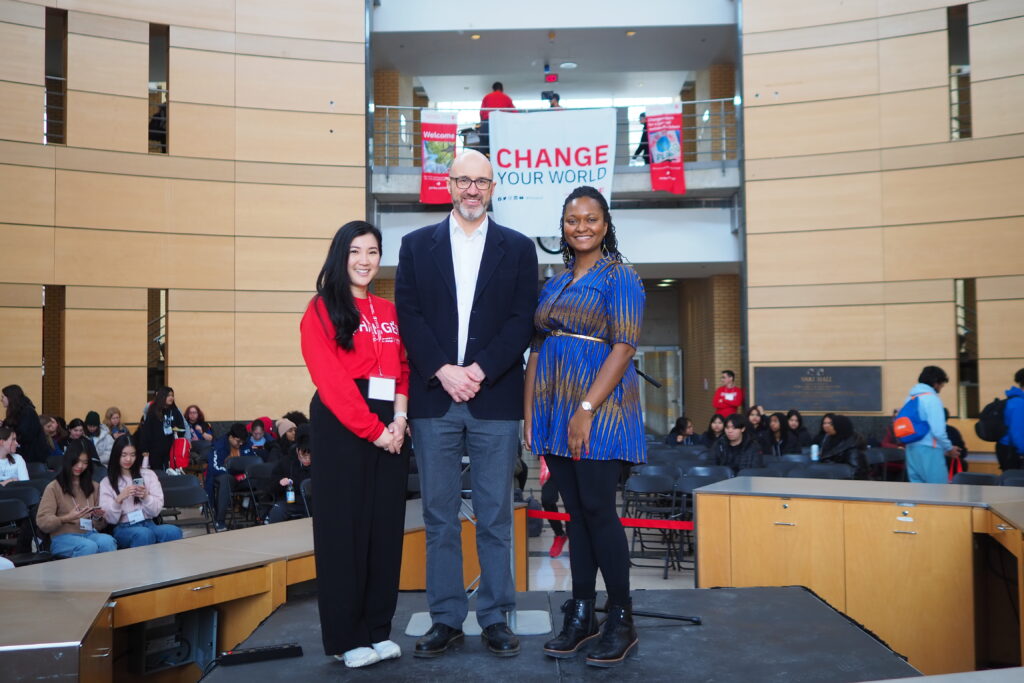
Students began the day by hearing from the conference’s keynote speakers, beginning with Interim Dean Kelly and ending with alumna Alicia Richins, director of strategy and governance for youth sustainability leadership organization Leading Change Canada and creator of multimedia platform the Climateverse.
Richins challenged the audience to consider their passions when choosing what change they should focus on and encouraged them to boldly share ideas, work collaboratively and never give up on their goals to make positive change.
“This annual event is all about showcasing ways youth can lead the change we need in our communities and around the world,” said Lily Piccone, strategic enrolment and communications officer at EUC and Change Your World conference co-ordinator. “Through inspiring keynote speakers, like our very own YU alumni Alicia and Joanne, and our community partners, the students can see local citizens that have turned their passion into a profession and are making positive change for people and the planet”
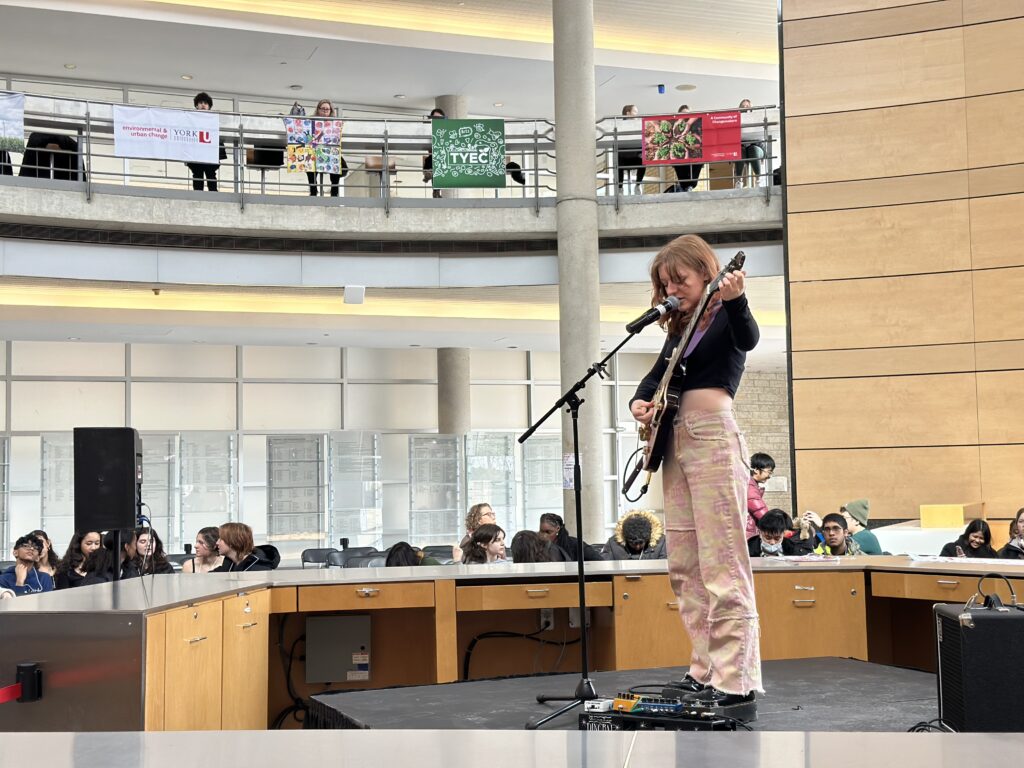
The students were then able to let their interests guide them by choosing two breakout sessions to participate in from a variety of offerings, including: a workshop on how to build resiliency in the face of anxiety about the future; a giant, immersive board game about power, peace and the planet; hands-on time with wind turbine models and solar panels; a tree identification walk; talks on green infrastructure, climate futurism, the importance of wetlands; and much more.
Following their lunch break, participants were treated to a special guest performance by Toronto-based singer-songwriter and climate activist Brighid Fry, recognized as one of the Top 25 under 25 by non-profit organization the Starfish Canada for her work on sustainability in the music industry. Students wrapped up their day of immersive learning with another workshop and enjoyed one final keynote address by community engagement professional and York alumna Joanne Huy, who shared her passion for transforming lives and communities through learning experiences and making local change in the York University and Jane-and-Finch communities.
Watch the video recap of the day’s events below:
For more information about the annual conference, visit the Change Your World website.


